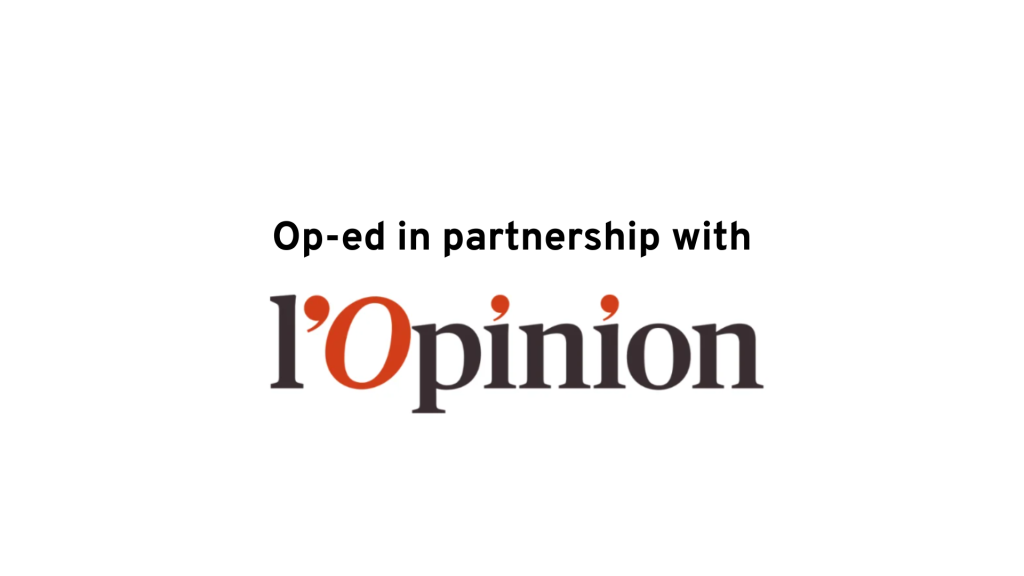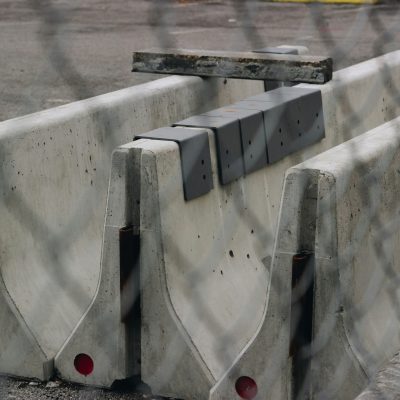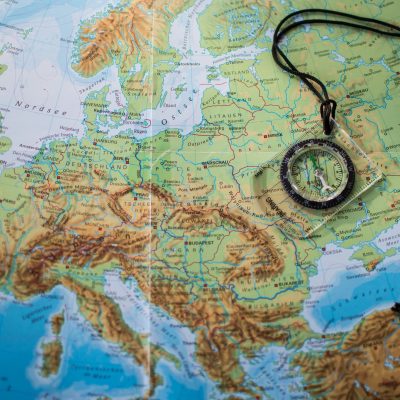European enlargement must be relaunched on the principle of gradual integration

Twenty years after the ‘big bang’ of 2004, let us finally recognise the dynamics of enlargement for what they are: one of the greatest successes of the European project. Not only does it prove its tremendous appeal, but it is also its very essence: it is through enlargement that the construction launched in 1950 becomes truly ‘European’.
Conversely, Russia’s aggression against Ukraine highlights the costs of non-enlargement. Let us compare: on the one hand, there are the countries that, as soon as they emerged from communism, benefited from a clear European perspective and were able to join the Union in the 2000s. On the other hand, there are those that, for both internal and geopolitical reasons, were deprived of this perspective. Between the two are the Western Balkans, which embarked late on a process that has become bogged down and discredited.
Admittedly, not everything is rosy in the countries that have joined the EU since 2004: the benefits of European integration are above all an opportunity that some seize better than others. Whether in terms of democratic or economic and social development, the results are mixed. But the exceptions only confirm the rule: the countries that were able and willing to jump on the European integration bandwagon in the 1990s are experiencing an era of unprecedented political and economic prosperity and solid convergence with Western Europe. This is a dynamic that benefits the latter: politically, thanks to a stabilised neighbourhood and increased geopolitical weight. As for the economy, let us cite just one example: in 2023, French exports to the ‘new Member States’ amounted to €40.4 billion, compared with €25.4 billion for China. Conversely, the part of the post-Soviet space to which Europeans have been unwilling or afraid to offer the prospect of membership sadly provides a new illustration of Robert Schuman’s diagnosis: “Europe was not made, we had war. ” So, what is more important? Integrating our neighbours into our system of values and rules, or leaving them prey to violent passions and hostile influences?
To those nostalgic for the ‘small Europe’, let us remember that the EU of 27 has never been as paralysed as the Europe of Six could be, and that it responded to the economic crises of 2008 and 2020 much better than the Nine did in the 1970s. Or that it was able to reach agreement on many difficult issues: the Green Deal, the purchase and distribution of vaccines, aid to Ukraine, etc.
Enlargement must be relaunched to respond to the legitimate aspirations of those of our neighbours who dream of following the European path, as they are well placed to gauge how indecent and inept it is to compare Brussels to Moscow. And to serve the interests of the EU by continuing to export its model. This will be neither easy nor quick, given the complexity of the candidates’ situations. We will need to rethink the very method of enlargement with courage and creativity. The European Political Community inspired by Emmanuel Macron, the Growth Pact for the Balkans recently launched by the European Commission, and the proposals in the Letta report on the single market open up avenues that the Union should converge towards a new strategy based on the principle of gradual integration: a more progressive and nuanced approach than that of 2004, making it possible to reconcile the aspirations of the candidates with the apprehensions of the members.




